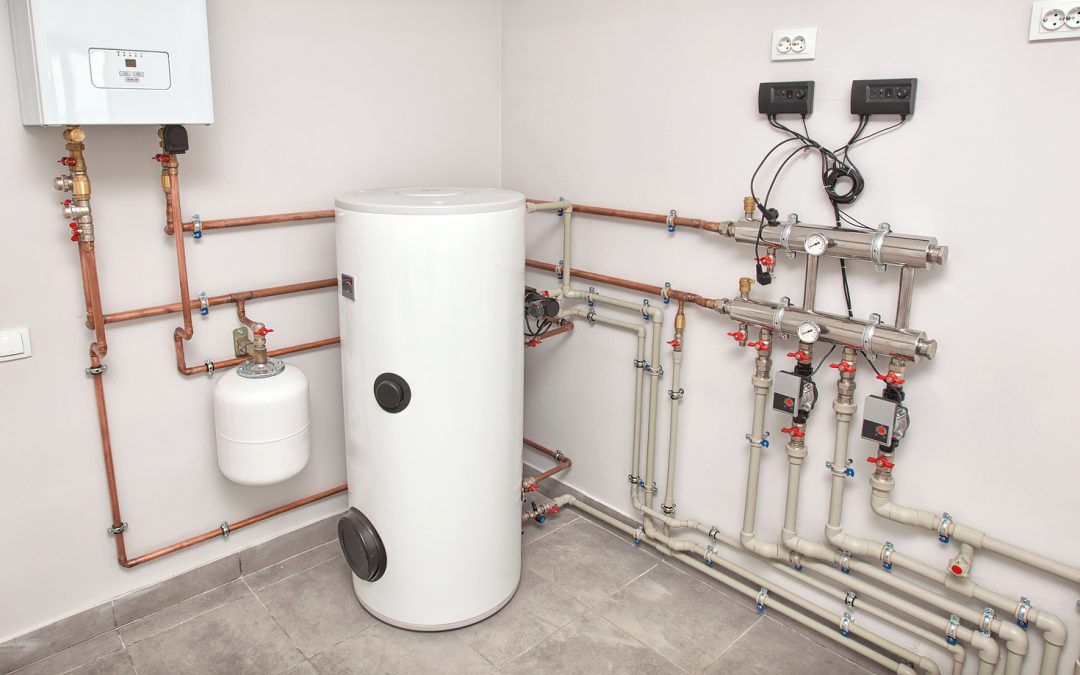There are a lot of homeowners, landlords and building managers in South London who are currently considering their options when it comes to either keeping their current boiler or installing a brand-new, energy-efficient one in its place.
The best answer right now is that if you need a new boiler, an energy-efficient gas boiler is a far better alternative to an older, less reliable boiler that will continue to cost more in energy bills in the long run than the upfront cost to replace it with a new combi boiler.
Since 2020, there have been a lot of plans for energy and heating, the most recent of which is the creation of Great British Energy, and this has left a lot of people in limbo wondering where they stand with their existing boilers.
Ultimately, whilst there are incentives to switch to other heating systems, replacing your boiler with a newer model will save money in the long run and will lower a building’s gas usage, with statements as of late July 2024 that people will not be forced to get rid of their boilers before they need to be replaced.
However, something that has been conspicuously absent from discussions about the future of heating is any mention of hydrogen boilers, at one point the favoured green energy solution for retrofitting into an existing gas network, whilst heat pumps would be used for new builds.
Why were they considered the future, what has happened since and when should homeowners expect them to become available?
The Future That Was
When it comes to changes in any major infrastructure, there are often a range of possible options but they can usually be grouped together as either revolutionary or evolutionary.
Revolutionary changes are radical redesigns that are potentially very rewarding in the long run but have such big upfront costs that they pose considerable risks if the technology is not as effective at scale as is advertised or as appears at a low level.
In transportation, this is the wider adoption of mass public transport such as trams, light rail and intercity railways as the primary entry points for major cities rather than roads and car parks.
By contrast, evolutionary changes are systems that provide some benefits but do not require significant changes to implement.
Continuing with transportation, this would be the adoption of battery electric vehicles, hydrogen fuel cells or biofuels using the same road networks that have been used for a century.
Heat pumps are revolutionary but also exceptionally expensive to install even with upgrade schemes available, whilst hydrogen boilers were seen as an alternative that could be largely dropped into the existing National Gas Grid with a few adjustments for capacity.
In 2020, when the original Green Industrial Revolution document was released, the timescales were somewhat nebulous but the plan was that at some point in the future, green energy would be prioritised in the name of energy security.
The plan at the time was to focus research on two main energy solutions, which were heat pumps deployed at scale as has been seen in other European countries, as well as hydrogen boilers, which were at the time believed to be a drop-in replacement that simply changed the fuel burned from natural gas to hydrogen.
These plans were expanded in 2021 into the UK Hydrogen Strategy, with the intention to establish a standard by 2022, have small-scale neighbourhood trials by 2023 and a village trial by 2025. If all of this went well, an entire town would be converted to hydrogen by the late 2020s with an eye to a major rollout.
For a wide range of reasons, this did not happen.
The first comes down to energy generation; there are various forms of hydrogen gas generation, but one of the most common current forms involves burning methane to produce hydrogen gas as a byproduct, which is less efficient than simply burning natural gas in an efficient combi boiler.
There was a hope that electrolysis systems, which use electrical currents to separate hydrogen from oxygen in water, would become increasingly efficient and could produce hydrogen fuel in a way that was as green as the source of electricity.
As well as this, several protests against hydrogen trials led to them being abandoned, and in May 2024, the hydrogen town concept was scrapped entirely.
At present, the future of energy involves heat pumps and efficient gas boilers where it is impossible to install heat pumps and deep uncertainty about whether hydrogen will ever be part of the energy landscape.

